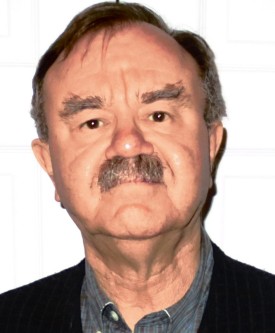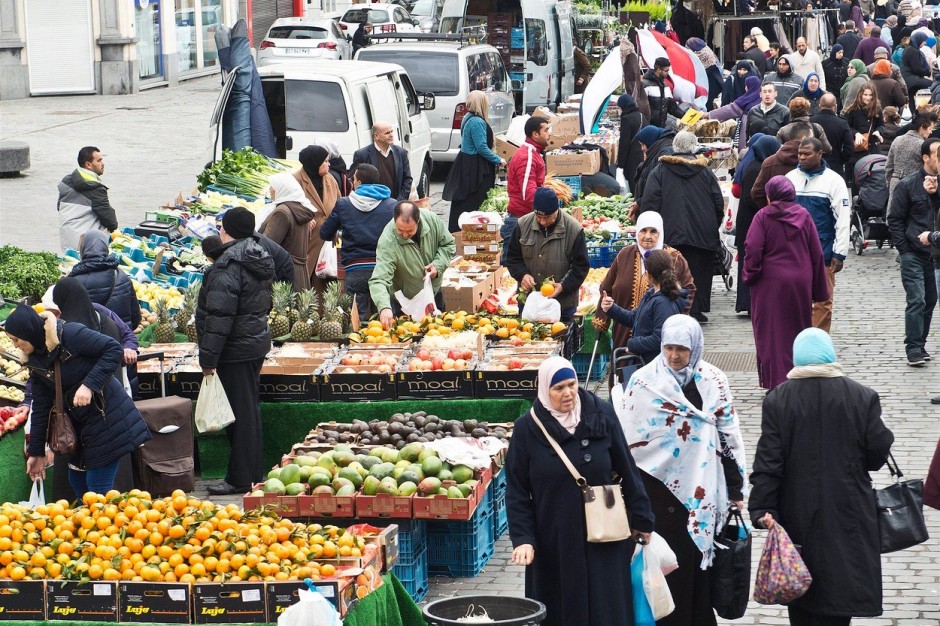The horrific suicide attacks on the airport and subway system in Brussels was a case of terrorism coming home to roost.
They were ideologically symbolic — the Brussels international airport is less than five kilometers away from NATO headquarters, and the Maelbeek subway station is close to the main institutions of the European Union.
The Belgium capital’s neighborhood of Molenbeek is where these, and previous atrocities, such as the ones in Paris last autumn, were planned.
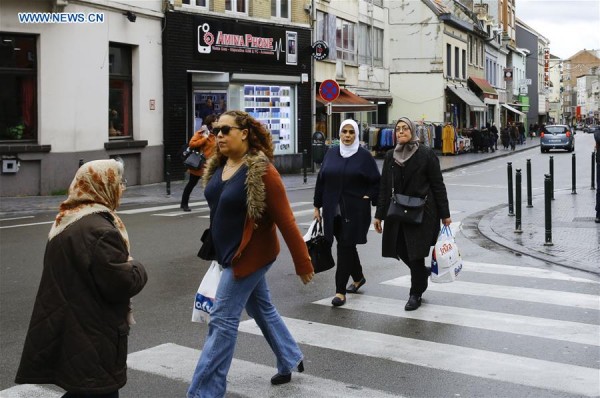
Why is Belgium such an incubator for Islamism? Why have such a highly disproportionate number of its people — at least 470, according to recent statements by Interior Minister Jan Jambon — joined the forces of the Islamic State in the Middle East?
That’s double the number per capita of France and four times that of Britain, says a report released in January by the International Center for the Study of Radicalization and Political Violence at King’s College, London.
Of those who have travelled to the Middle East and returned, an estimated 30 are in Molenbeek right now, claims its mayor, Francoise Schepmans.
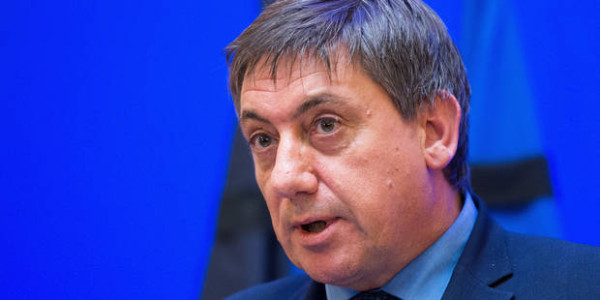
Home to around 100,000 people, 40 percent of whom are Muslims, Molenbeek is situated across a canal from richer, more glamorous parts of Europe’s capital. It has, in recent years, become home to the continent’s most disenfranchised and dangerous citizens and a symbol of European jihadism.
The area has had links to Al-Qaeda and Muslim extremism from the early 1990’s, when Bassam Ayachi, a Salafist and French citizen, founded the Belgian Islamic Center. Belgian extremists with links to Molenbeek were connected to the assassination of anti-Taliban leader Ahmad Shah Massoud in Afghanistan in 2001. Then one of the 2004 Madrid train bombers also had Molenbeek ties.
More recently, in May 2014, a shooting at the Jewish Museum of Belgium was perpetrated by a terrorist who spent time in Molenbeek. One of the shooters in the January 2015 attacks in Paris that targeted the magazine Charlie Hebdo and a Jewish supermarket bought his arms from a Molenbeek arms dealer.
And in August, another man who had spent time in Molenbeek was stopped by three Americans and a Briton from attacking passengers on a packed high-speed train from Amsterdam to Paris.
The main waves of immigrants to Belgium from Muslim countries began in the early 1960s, when migration agreements were signed with Morocco and Turkey and then at the end of the 1960s with Algeria and Tunisia.
Today, some six per cent of Belgium’s population of 11.2 million are Muslims. Though born in Belgium, they feel discriminated against because of their Arabic family names, North African looks, or Islamic religious beliefs.
The Belgian government over the last several decades has never really succeeded integrating the Islamic communities. Moroccan and Turkish immigrants and their children are far more likely than other Belgians to live in serious poverty.
Many in the Muslim community were also angered by bans on the public wearing of hijabs in Antwerp in 2009 and nationwide a few years later. The radical group Sharia4Belgium, founded in Antwerp, and its charismatic leader Fouad Belkacem, gained popularity as a result. (Belkacem was later arrested and is now in jail.)
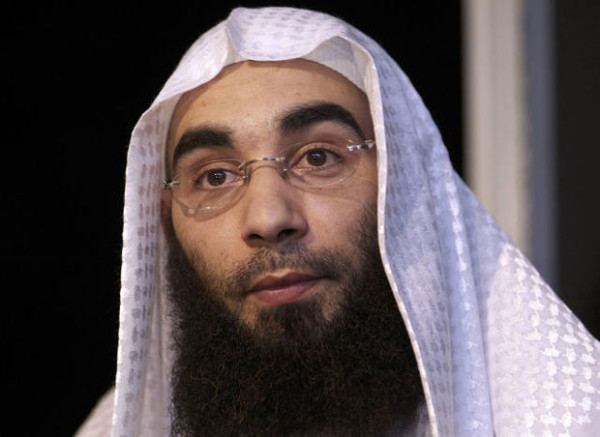
Belgium is, as a colleague of mine once described it, a “cardboard country,” with serious divisions by regions and languages. Dutch-speaking Flanders and francophone Wallonia are almost separate states, and the country has no sense of national identity.
Some journalists have even called it a failed state. No wonder it can’t integrate newcomers.
Numerous layers of regional and municipal governments and multiple official languages hamper the flow of information among investigators. Brussels alone has nineteen different municipal districts, each with its own public authorities competing for funds, and uncoordinated police forces. So an overwhelmed intelligence service remains in chronic disarray. Such political and social failures have allowed militant cells to become deeply rooted.
Last November, in the wake of the major attacks in Paris, the British newspaper the Independent interviewed Brice De Ruyver, security adviser for eight years for Belgium’s former Prime Minister Guy Verhofstadt. “Officially we have no no-go areas in Brussels, but in reality we have them, and they are in Molenbeek,” he admitted.
The cultural code of silence in heavily immigrant districts such as Molenbeek, as well as widespread distrust of already weak government authorities, has unfortunately made Belgium, with its central location in Europe, a major hub of terrorist cells on the continent.
Henry Srebrnik is a professor of political science at the University of Prince Edward Island.
